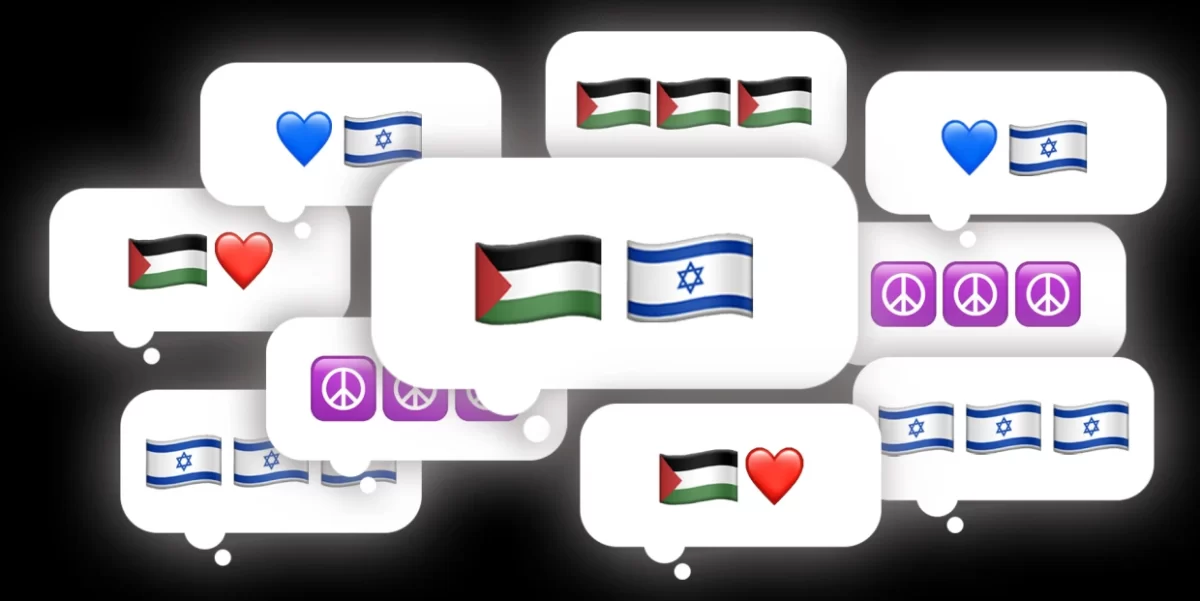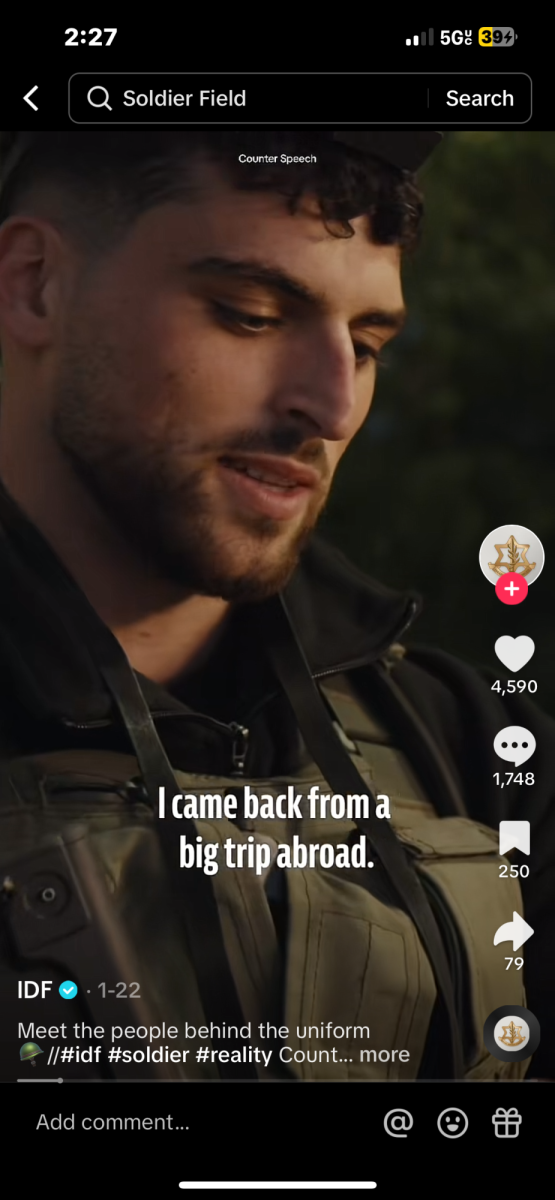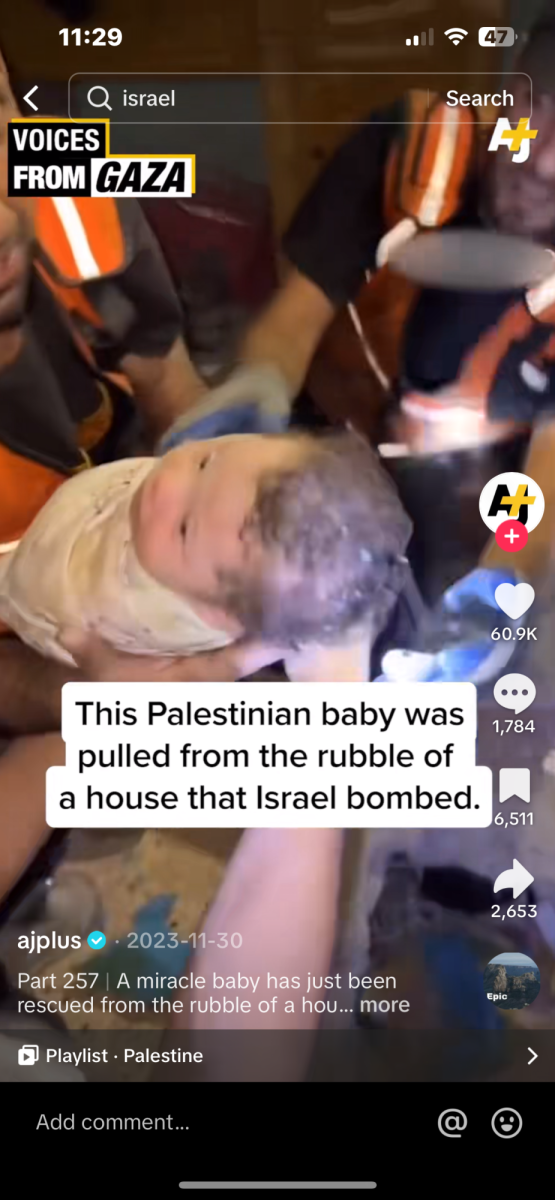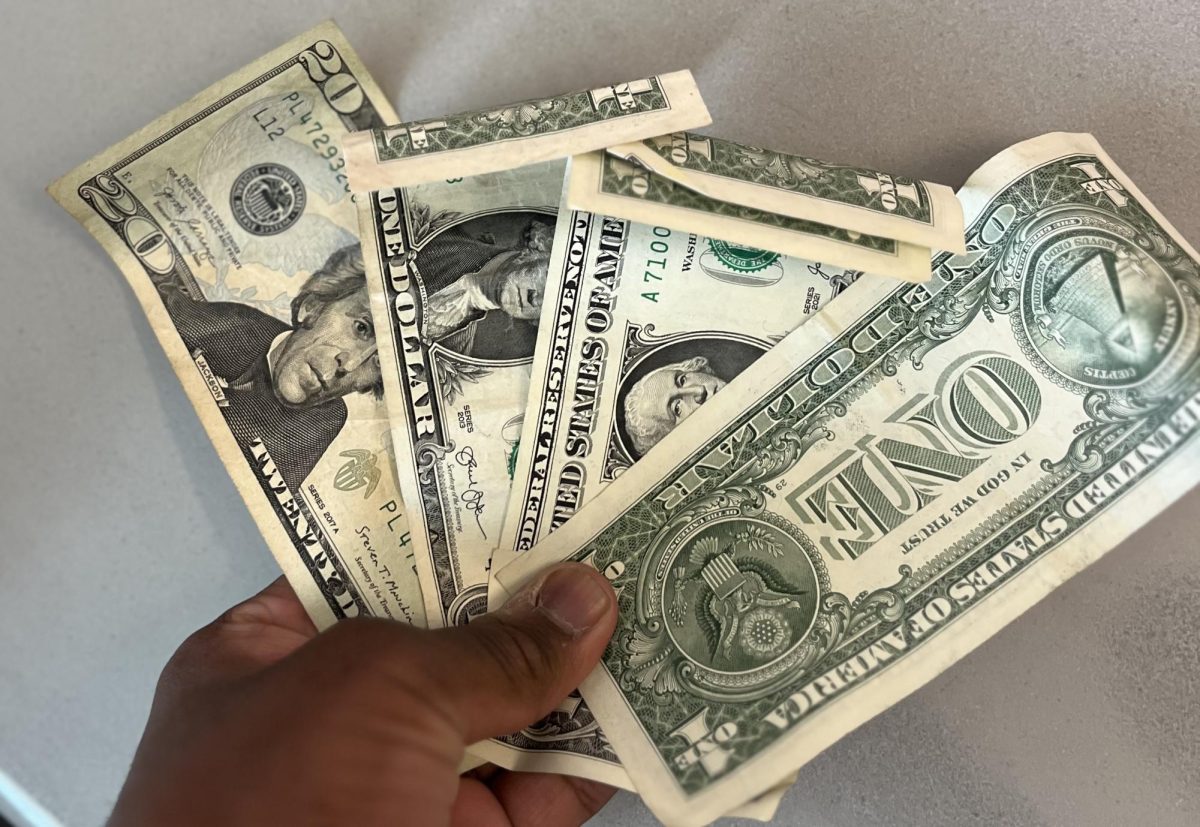“When the Internet was born, we used it to escape the world. Now, we go to the real world to escape social media.”
When the internet first came about in the 90s, it was undoubtedly a force for good. But as time has gone on, we’ve come to see the internet, which is increasingly dominated by social media, as a perfidious force that has made our society more paranoid, more shallow, and less safe. Yet still, like lemmings running off a cliff, we come back for more endless hours of scrolling.
It was during one of these mindless scroll-throughs that I came across a video by Bisan, a Palestinian journalist turned social media stalwart since the start of the Israel/Hamas conflict in October.
To be shamefully honest, I scrolled past many of these videos.
Among the laundry list of topics that most people, myself included, would rather stick their hand through an electrified meat grinder than discuss, Israel vs. Palestine is a solid contender for first place.
But as Bisan began her video with her now famous quip, “Hello guys, it’s Bisan, I am still alive,” something awoke in me. As you can imagine, this led to the ever-familiar doom-scroll through her account and the accounts of so many other Israelis and Palestinians, caught in the crossroads of this conflict. I came to an interesting realization.
Bisan Owda, a journalist in Gaza who has become famous for her vlogs depicting daily life for Palestinians since the outbreak of the October 7th conflict. (@SilentNight and @wizard_bisan1/TikTok)
Now, bear with me, it’s gonna sound dumb when I say it at first, but please, hear me out.
How wild is it that we get to watch a war unfold on our phones?
Especially in the past 100 years, advances in tech have brought the brutal realities of the World in greater and greater clarity. So for this story, I’d like to make an unusual argument.
The next war won’t be fought with bullets or nukes; it’ll be fought with TikToks.
Before I defend that insane proposition, it’s important that we set some ground rules.
First and foremost: my opinion is on the impact of social media on how we see war, NOT the Israel/Hamas/Palestine conflict.
I will present the facts and then offer some supplemental information, like examples of TikToks I’ve watched, as evidence for my point.
Any bias is directed toward my point on social media, not either side.
Now that we’re done with that, why don’t we talk about the history behind this dispute?
Israel vs. Palestine. Luckily, this isn’t really a tale as old as time, but in a way, it is.
Ever since the days that one dude with the long hair, (I think his name is Geezus,) the area we now recognize as Israel has been a deeply contested and valuable piece of real estate.
From the Romans to the Greeks to the Arabs, and now, to the Israelis, the Holy Land has been coveted for its rich soil, its ideal climate, and its money-minting ports. It happens that the people living in the Holy Land did not take kindly to being conquered.
Most recently, a new set of tenants have caused much controversy with their lease over this land: the State of Israel.
One can understand that to many Jews, the founding of Israel in 1948 stands as an accomplishment; a fulfillment of the Zionist mission. But since that tenuous founding, the Jewish state has been in constant conflict with its Arab neighbors, (and to some extent, residents), ever since then.
For many of the Arabs already living in the area, the founding of Israel was nothing short of a catastrophe.
According to the UN website, “The Nakba, which means “catastrophe” in Arabic, refers to the mass displacement and dispossession of Palestinians during the 1948 Arab-Israeli war. Before the Nakba, Palestine was a multi-ethnic and multi-cultural society.” The primary controlling force in Palestine is Hamas, who executed the attacks that began the conflict in October.
Hamas, an acronym for “Islamic Resistance Movement,” had a similar militant origin to their moderate counterpart. But Hamas’ connection to organizations like the Muslim Brotherhood cast their actions in a whole new light
Undoubtedly, you are just as, if not more confused and tired than at the beginning of this article. Trust me, you do NOT want to be on the writing side of it. But more important than my whining is the strategies beyond the battlefield that have advanced either side. Like in all wars, the governments and advocates for both sides have utilized state-sponsored propaganda and vigorous media campaigns to capture the attention and sympathy of the public.
In the past, though, the West was a lock for Israel. Yet, there has been something of a paradigm shift from the previous blanket support. Perhaps it’s a representation of changing demographics in these nations, (that is, the influx of immigration from Muslim/Arab nations), or just another pet cause of a rebellious youth. Whatever it is, it’s brought chaos to college campuses and Congress alike.
But where does social media play into all of this?
Do me a favor, and get on your phone. Take a break from this article. Open up Twitter, TikTok, or Instagram; scroll for a bit. Chances are, you will come across a video, a photo, a Reel, or a TikTok about this conflict.
Millions of Palestinians like Bisan, having watched their homes, towns, and lives reduced to dust, fight to maintain their humanity. We can see clear examples of this in the TikToks of influencers like Bisan. In one, she huddles with several children at an outdoor phone charging port, showing that screenagers truly know no bounds. But mixed with these slices of life are painfully poignant and raw visuals of the impact of the war.
Hospitals are packed with the sick, the dying, and their overworked doctors. In one video, a doctor is forced to saw off his daughter’s leg without amputation to prevent infection. In another, a doctor chases after paramedics as they rush her own daughter to the ICU, her steely cries filling the halls of the hospital.
On the other side, Israelis, under constant threat of attack from terrorists and aerial assault, live in a constant state of fear that their way of life will be reduced to dust, just like with the lives of so many Jewish people in the past. Whether on the battlefield or behind civilian lines, Israelis aim to maintain their way of life.
One video shows an Israel Defense Force (IDF) soldier doing his skincare, his phone propped up on what I assume is a tank: micellar water and all. Another TikTok, produced by the IDF itself, shows multiple soldiers talking about their favorite things: one soldier talks about his favorite soccer club, another about his newborn daughter. But in the same vein as their Palestinian counterparts, there is a treasure trove of videos showing kids, younger than us, hiding in bunkers; mothers covering their baby’s ears, etc., just like with videos from the Palestinian side.
On basically every social media website, especially TikTok, the content we view is expertly curated by an algorithm to make sure we see exactly what we want. How easy would it be if instead of mounting multi-million dollar mass media campaigns, governments could make TikToks or Instagram Reels in support of their cause? The IDF has already done this, their TikTok account churning out several, high-definition TikToks that serve to humanize their personnel and promote a positive image, not just as defenders of Israel, but defenders of Palestine. On the very same app, there’s been a massive movement in support of Palestine.
Millions upon millions of people have made hundreds of millions of videos in support of Palestine and have brought fame to some Palestinian journalists. Last year, it became a trend to play games or simply post a video of oneself to specific sounds in support of Palestine. Even food has become definitive of the movement, with a watermelon, (having the green, white, black, and red of the Palestinian flag), has become a potent symbol of the movement. TikTok has generated an unbelievable amount of traction for the pro-Palestinian movement, and it is because of those TikToks that millions of teens have even been made aware of the conflict. It’s spawned immense controversy and more importantly, it’s kept the once small spark of that movement alive, no, thriving. The same thing happened with the third resurgence of the BLM movement in 2020, after the deaths of Breanna Taylor and George Floyd.
Even the companies that give this content a platform know their impact. Already, Meta, which includes companies like Facebook and Instagram, has been accused of censoring videos in support of Palestine, meanwhile, students across the country, many of whom were inspired by the TikToks have taken to the streets in support of Palestine and Israel. Coupled with Russia’s expertly coordinated voter badgering on Facebook back in 2016 and growing fear over Chinese-owned TikTok, it’s more likely that next Caesar or Sun Tzu will be sat in front of a screen in a dark room, like a deadly Discord mod. All jokes aside, there is one important fact that we must remember.
Behind all the TikToks and Reels, guilt-tripping and trapping and begging us to like and share and comment; there is a human cost. This conflict is not just another distant problem, symptomatic of a disorganized, unruly, uncivilized region of the World; there are lives hanging perilously in balance with each passing minute. Neither this article, nor the posts, nor the protests are about who’s right and who’s wrong; It’s about living in a World where an Algebra class in Jerusalem is cut short by a fire drill, not an air raid and where children in Gaza can worry about making it to soccer practice, instead of fearing to leave their homes. It’s about achieving peace.










